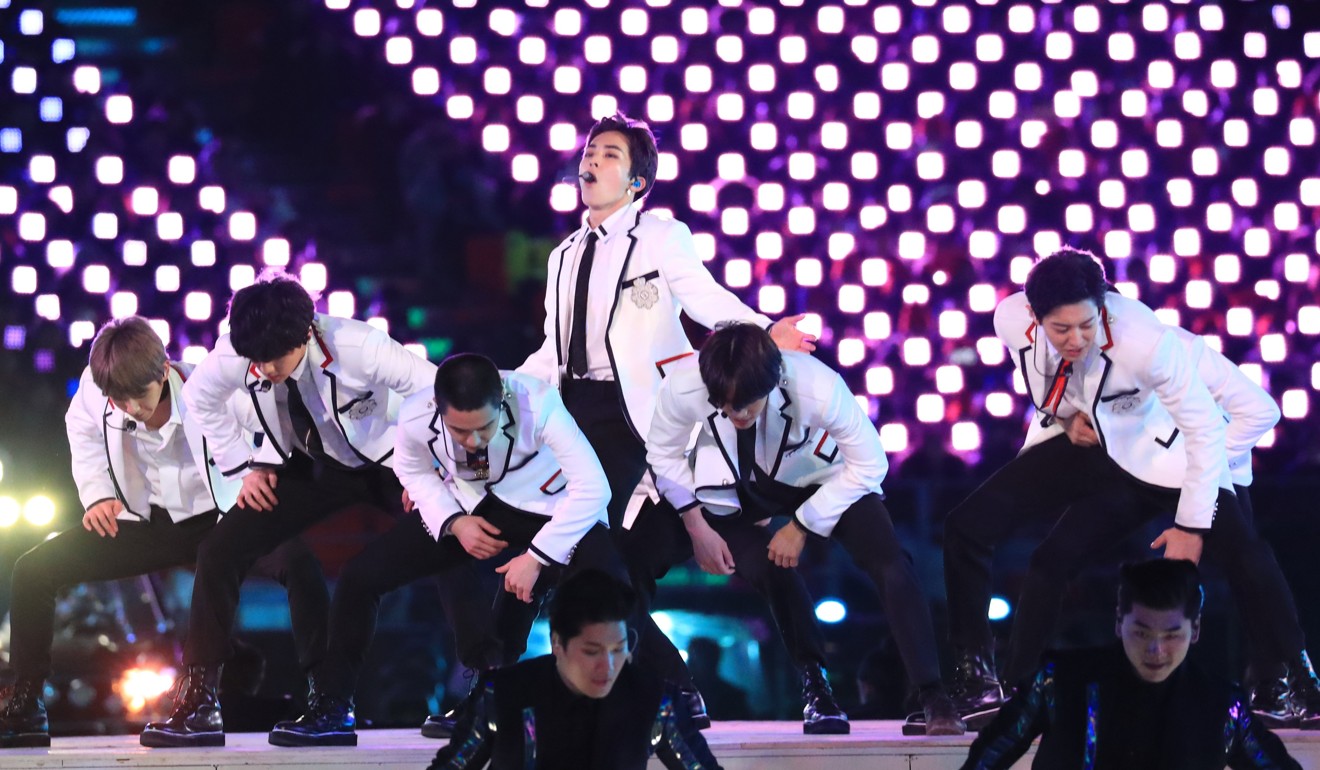
Ticket scalping in Hong Kong is just business and should not be overly regulated
Albert Cheng says the resale of tickets for concerts and sporting events is a common business practice that should be allowed to thrive in a free-market economy. Recent calls for more regulation go too far
The government is blowing the matter out of proportion. To begin with, stand-up comedy shows and concerts are not basic necessities and have nothing to do with people’s livelihood. The government has other more important and urgent matters of public interest to attend to.
Furthermore, ticket scalping has been a long-standing business activity worldwide and is considered fair and common in all free-market economies.

No doubt, the ordinance should be updated. The government should also consider other changes, such as further limiting the number of tickets that could be reserved for “internal subscription” in government-managed venues. Some venues now allow as many as 80 per cent of tickets to be reserved, with only 20 per cent available for public sale.
However, if even these measures fail to deter ticket scalpers, the practice should be left alone and considered purely a business activity.
Frankly, scalpers have to invest time and manpower to secure the tickets, as well as bear some risk – just like any other business operator. Also, resales offer an alternative to consumers who do not want to spend hours lining up for the tickets. This is an entirely rational economic decision, and these business transactions should not be over-regulated by the government.

It is now common for scalpers to buy up tickets of popular shows online. This benefits the organisers of concerts, operas and sports events, as the business risk is transferred to professional scalpers. As for consumers, they sometimes manage to buy cheaper tickets from the scalpers when there is a surplus of supply. The government should let the free market operate and keep its hands off.

Among the proposed measures, the “real name registration” system is the most worrying. It is not practical, as people often give away tickets to their friends or family due to some last-minute engagement. Under a “real name registration” system, people will be required to reveal some personal data. Such large-scale public surveillance is not warranted in the name of cracking down on scalping.
It’s clear that ticket scalping is not a priority among the many long-standing social issues facing Hong Kong. Lam should not pander to populist demands. Doing so would only harm Hong Kong’s renowned free-market economy. Instead of stirring up more drama, the government should focus on patching up the deep-rooted divisions in society and resolving urgent livelihood problems.
Albert Cheng King-hon is a political commentator. [email protected]

